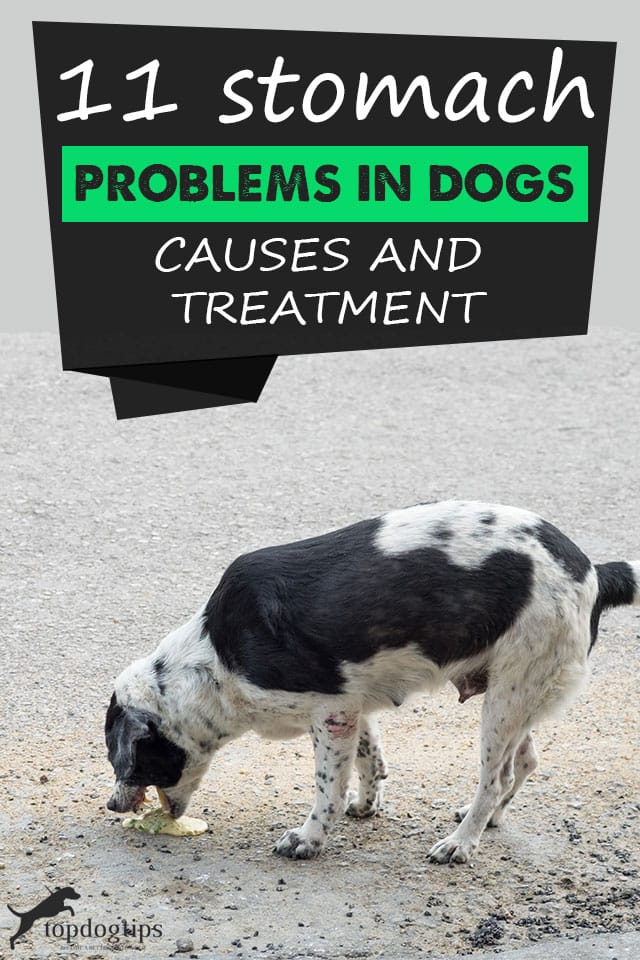Malabsorption in dogs is a condition where the body fails to properly absorb nutrients from food. This digestive issue can stem from problems with food digestion, nutrient absorption, or a combination of both. While interference with digestion often points to a lack of pancreatic enzymes, known as exocrine pancreatic insufficiency, most absorption failures are linked to diseases of the small intestine. Understanding the nuances of malabsorption is crucial for dog owners to ensure their pets receive timely and effective care.
Recognizing the Signs of Malabsorption
The primary indicators of malabsorption arise from the body’s inability to take up essential nutrients, leading to their loss in feces. Dogs experiencing this condition typically exhibit persistent diarrhea, weight loss, and changes in appetite, which can manifest as a loss of interest in food or, conversely, excessive eating. It’s important to note that diarrhea may not always be present, even in severe cases. Significant weight loss can occur despite a seemingly good appetite, sometimes leading to the dog consuming feces or non-food items. Generally, dogs with malabsorption appear otherwise healthy, unless underlying issues like severe inflammation or cancer are present. Other nonspecific symptoms might include dehydration, anemia, the presence of dark blood in stools, or fluid retention. A veterinarian may identify thickened bowel loops or enlarged abdominal lymph nodes during a physical examination.
Diagnosing malabsorption can be intricate, as the symptoms of chronic diarrhea and weight loss are shared by several other canine ailments. A definitive diagnosis may require multiple veterinary visits. Comprehensive examinations are vital for dogs showing signs of malabsorption to ascertain if these signs are indicative of a generalized or metabolic disease. Specific tests can help differentiate malabsorption from conditions such as inflammatory bowel disease, liver disease, or parasitic infections. A dog’s medical history is particularly telling, potentially highlighting dietary sensitivities, the ingestion of foreign objects, or other sensitivities. Weight loss itself can signal malabsorption or protein-losing disease, but it can also result from a loss of appetite, vomiting, or non-digestive illnesses. Certain characteristics can help distinguish between diarrhea originating from the small versus the large intestine. If signs of large intestinal disease in dogs are suspected, a biopsy of the intestinal lining may be performed. However, if weight loss or voluminous stools accompany these signs, the small intestine is likely also affected. Initial diagnostic steps typically involve blood, urine, and fecal tests, along with X-rays and an abdominal ultrasound. Specialized blood tests and tissue biopsies may also be required to reach an accurate diagnosis.
Treatment and Management Strategies
The treatment for malabsorption encompasses dietary adjustments, managing any complications, and addressing the underlying cause if identifiable. When malabsorption is a consequence of exocrine pancreatic insufficiency, treatment involves a specialized diet. This diet should be low in fiber, contain moderate levels of fat or highly digestible fats, easily digestible carbohydrates, and high-quality protein. Supplementation with pancreatic extracts to replace missing enzymes is also essential. If a dog does not respond well to pancreatic enzyme replacement therapy, small intestinal bacterial overgrowth may be suspected. In such cases, a course of oral antibiotics for approximately one month might be prescribed to reduce bacterial overgrowth. The effectiveness of treating small intestinal disease hinges on the specific nature of the disorder. When a precise diagnosis cannot be determined, treatments may be administered on a trial basis.
Dietary modification plays a pivotal role in managing small intestinal disease. Your veterinarian might suggest an exclusion diet, featuring a single protein source (to which your dog has not been previously exposed), as a diagnostic test when dietary sensitivity is suspected. It is paramount to adhere strictly to the special diet and prescribed medications. Owners are sometimes tempted to offer a “special treat” outside the prescribed diet, despite instructions to the contrary. Failing to follow the prescribed diet can impede diagnosis and delay the necessary treatment. During this period, owners can reward their pets with affection, a new blanket or toy, or other non-food rewards. Often, a pet’s greatest reward is extended periods of focused attention.
Prognosis and Outlook
The prognosis for dogs diagnosed with malabsorption is generally favorable if a simple cause is identified. For instance, approximately 85% of dogs with exocrine pancreatic insufficiency respond well to treatment with pancreatic enzymes. However, the outlook is less positive for dogs suffering from severe small intestinal disease, cancer, fluid retention due to low protein levels, significant weight loss, low blood levels of vitamin B12, or a complete lack of appetite. Early detection and consistent management, guided by veterinary expertise, offer the best chance for a positive outcome. Understanding the complexities of common disorders in dogs is key to providing optimal care.

